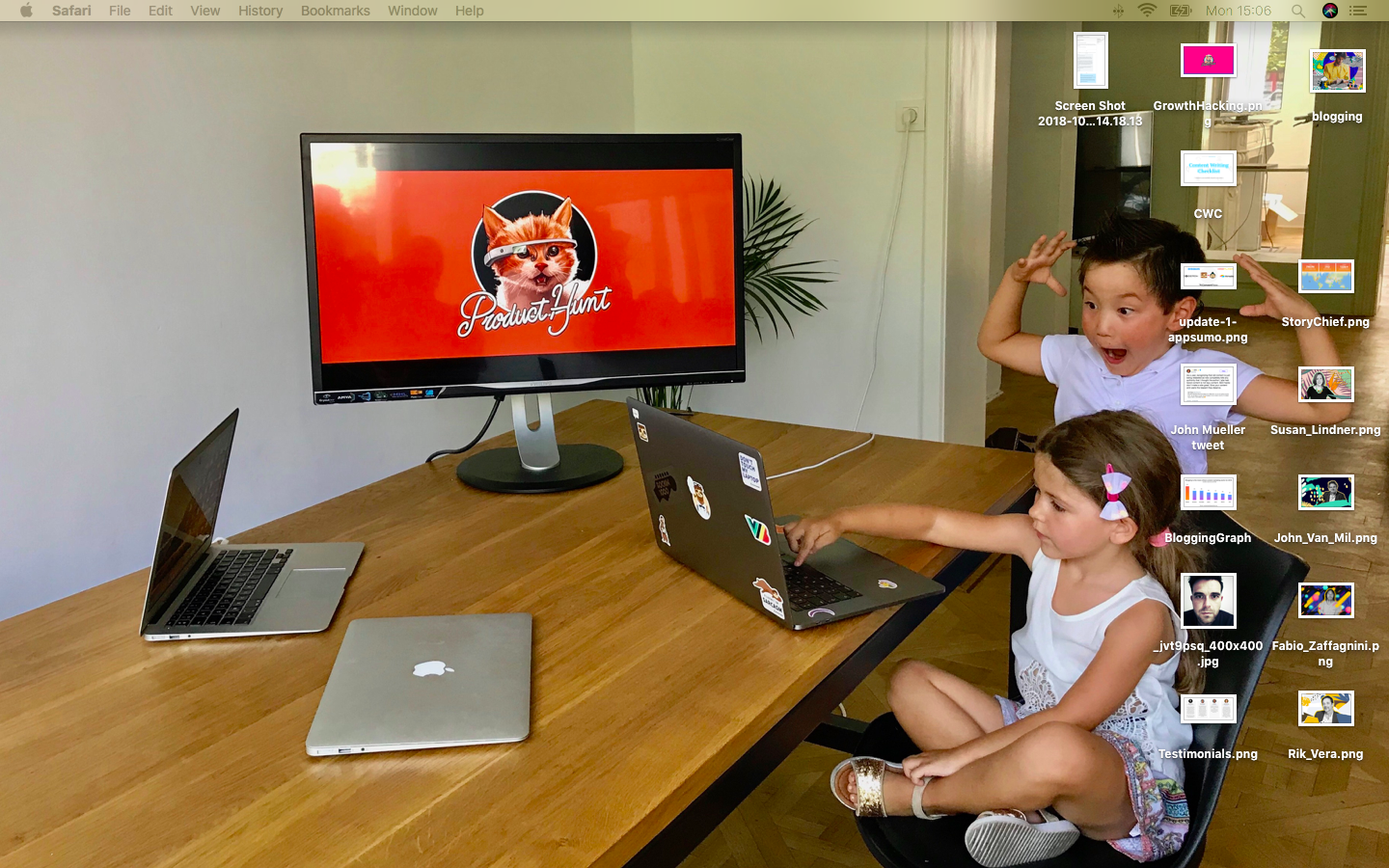

Starting up a business may seem easy in the beginning, but there's a lot to take into consideration, especially if you're considering a co-founder relationship.
Even if it's viable to open a business on your own, having a business partner can increase the chances for fruitful future success.
What is a business relationship?
A business relationship can be defined in a few ways, considering the distance between the players.
There might be a social distance which measures the familiarity with each other’s ways of thinking and working, as well as a cultural distance which measures the norms and values that define both parties.
Creating a company by yourself can be time-consuming and add unnecessary stress.
Although it's not obligatory to find a co-founder, being uncertain about the future path of the startup can be an issue managed with the help of others, especially if you're a rookie in the entrepreneurship world. Finding a person with a little bit of experience could speed up the process of starting a company, and have a higher chance of the company becoming a success.
Having a co-founder also lessens the pressure on your shoulders, since the responsibility of the company is divided between both (or multiple) owners.
It may seem impossible to find the right person, but there's always somebody who will be on the same wavelength. Even if we discuss business, there's a need for friendship and having fun in the end.
Building trust takes time, notably if the co-founder has a "colorful" personality, and could be the cause of potential friction if you don't learn how to cope with one another.
It’s an intense relationship to say the least, and it’s always important to take time to consider who you want to take along for the ride. Picking a member of the family is quite common. Some startups choose friends or partners as co-founders too.
Of course, partnering with someone so close to you comes with its challenges. There's no guarantee that it'll be an issue-free collaboration. But at the very least, it will ease the process of cooperating with others in the future.
From another point of view, choosing a good friend can represent a drawback as according to Forbes, 90% of the startups are prone to failure. This can happen when the relationship irreversibly changes even after you have attempted to reassess it.